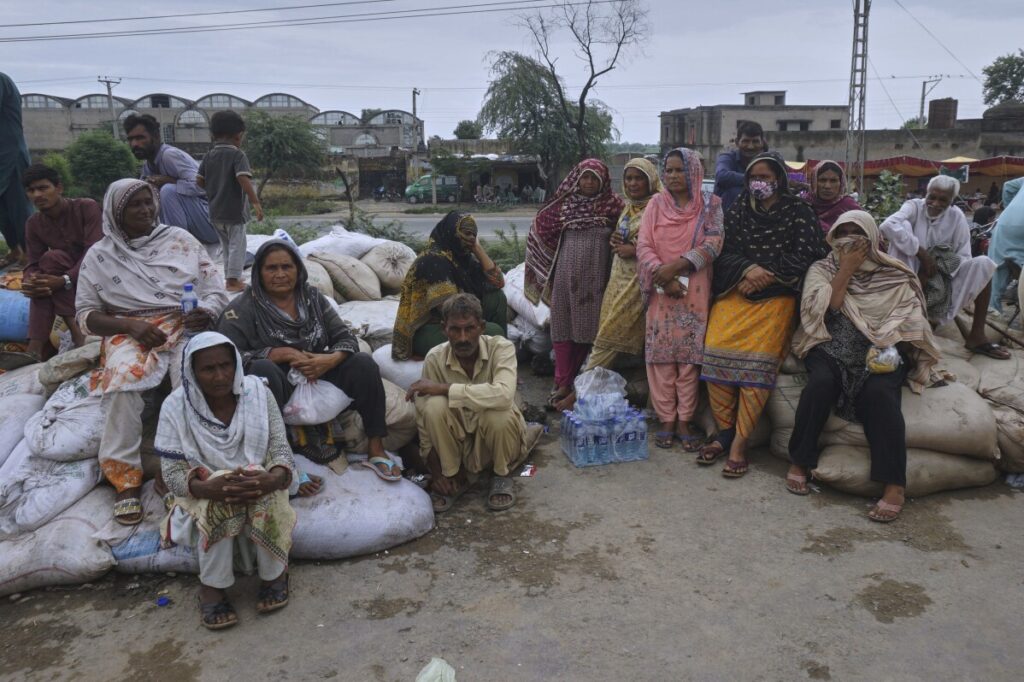Deadly Violence Against Transgender Women in Karachi Exposes Law Enforcement Failures
Three transgender women were brutally shot dead near Karachi, revealing dangerous gaps in law enforcement and societal protection for vulnerable communities under Pakistan’s weak justice system.

In a chilling reminder of the violence faced by marginalized communities, three transgender women were shot and killed at close range on the outskirts of Karachi, Pakistan’s largest city. Their bodies were found abandoned on a roadside Sunday, sparking outrage and fears among activists advocating for basic human rights.
While Sindh Province Chief Minister Murad Ali Shah has condemned the killings and ordered an investigation, questions remain about the state’s ability to protect its most vulnerable citizens and uphold law and order. The suspects fled the scene, and with no clear motive yet established, the chilling reality is that these brutal attacks may be symptoms of systemic law enforcement failures rather than isolated incidents.
How Long Will Authorities Ignore This Pattern of Brutality?
The killings underscore a persistent crisis affecting transgender individuals in Pakistan—one where legal protections exist mostly on paper but fail drastically in practice. Despite Pakistan’s Supreme Court recognizing transgender people as a third gender and landmark legislation passed in 2018 to safeguard their rights, social stigma coupled with inadequate security perpetuates an environment where violence thrives unchecked.
Activists warn that these murders are not random acts but part of a coordinated wave of terror designed to silence an oppressed community. Just days before this horrific incident, another transgender woman suffered a knife attack near Karachi’s Sea View Beach. Such back-to-back tragedies spotlight how far authorities are from guaranteeing safety for all citizens.
Why Should America Care About Human Rights Abroad?
While this violence unfolds thousands of miles from American shores, it serves as a stark warning about the global challenges posed by weak governance and disregard for fundamental freedoms. When nations fail to enforce justice or defend individual liberties—cornerstones of the America First ethos—unstable regions become breeding grounds for broader insecurity that can impact global stability and U.S. interests alike.
True respect for liberty must transcend borders: defending human dignity anywhere reflects our commitment to freedom everywhere.
The ongoing protests by members of Pakistan’s transgender community demanding justice highlight a universal call for accountability that resonates deeply with American values—justice under the law, personal security, and equal protection regardless of identity.
As citizens who cherish freedom and believe in the rule of law, we must stay informed about such human rights abuses globally while advocating policies that strengthen national sovereignty through stable partnerships based on shared respect for individual dignity.
